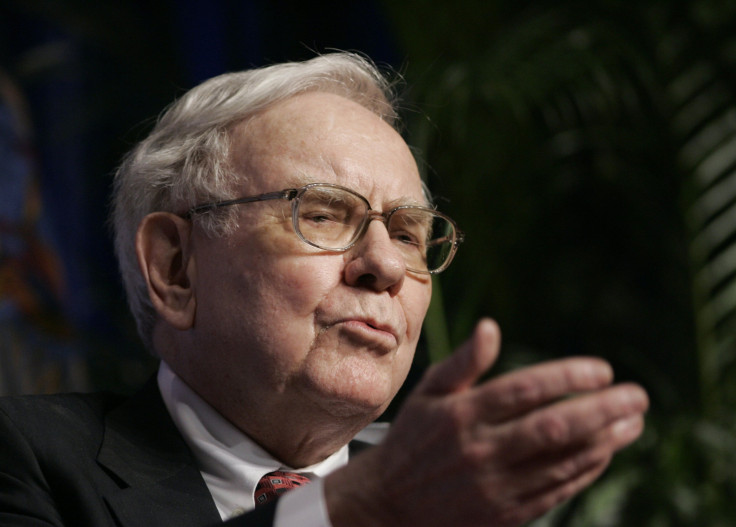Warren Buffett Says US, China Trade War Is 'Bad For Whole World'

Billionaire investor Warren Buffett has warned that the sudden escalation of the U.S.-China trade fight does not bode well for both and it would be “very bad” for the whole world.
Calling it a “dangerous game” being played out by the top two economic powers, Buffett said, “if we actually have a trade war, it would be bad for the whole world, and could be very bad, depending on the extent of the war.”
Speaking at CNBC’s Squawk Box, Buffett said the fall of stocks in premarket trading, after President Donald Trump threatened to jack up tariffs on China was “rational.”
Refusing to predict the outcome of the trade war or Trump really means his tariff threat, Buffet said, “With some people in negotiations, the best technique is to act half crazy.”
But he disagreed the way Trump is negotiating with China. “It is certainly not the way I would handle it at all,” Buffett said.
Hinting at Trump’s real estate business past, Buffett said “lots of people in acquisitions ... play games.”
His words indicated he preferred a lenient and long rope approach in the trade talks with China.
“I’ve had a consistent way of negotiating,” Buffett said. “I just say what I’ll do, and I don’t do anything else. People really know that’s what I mean,” he explained when asked what was his style of negotiations.
Wall Street strategists’ reaction
Meanwhile, more comments are pouring in from Wall Street strategists over President Trump’s threat to slap tariffs on Chinese imports.
Trump had warned extra tariffs on $200 billion worth of Chinese goods from 10 to 25 percent starting Friday.
“We think it is more likely that the increase will be narrowly avoided and believe the odds of tariffs increasing on Friday are 40 percent,” analysts at Goldman Sachs said.
Citibank said the probability of a ‘Trade War today, Trade Deal tomorrow’ looms high. Citi also said the timetable for a U.S-China trade deal would run into 2020 electoral year.
UBS bank said it is unclear what led President Trump to harden his stance on trade talks. Media reports attributed Trump’s sudden tariff threat as a “message” or reaction to China's backtracking signs on previously negotiated points.
But UBS said the timing suggests Trump’s move is more than a tactic and he is seeking more leverage in the final negotiations.
Oppenheimer does not view President Trump’s tweet as an action plan set in stone. It sees the tariff threat as an expression of frustration over the drag in talks that were not heading to a resolution.
© Copyright IBTimes 2024. All rights reserved.




















